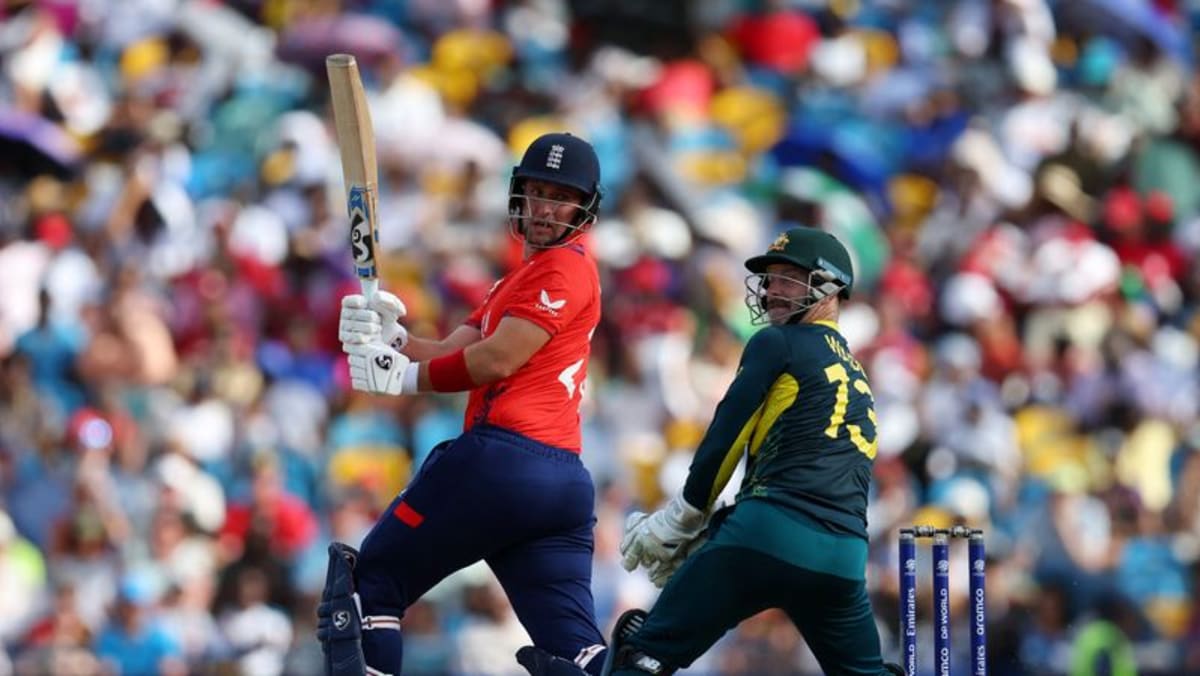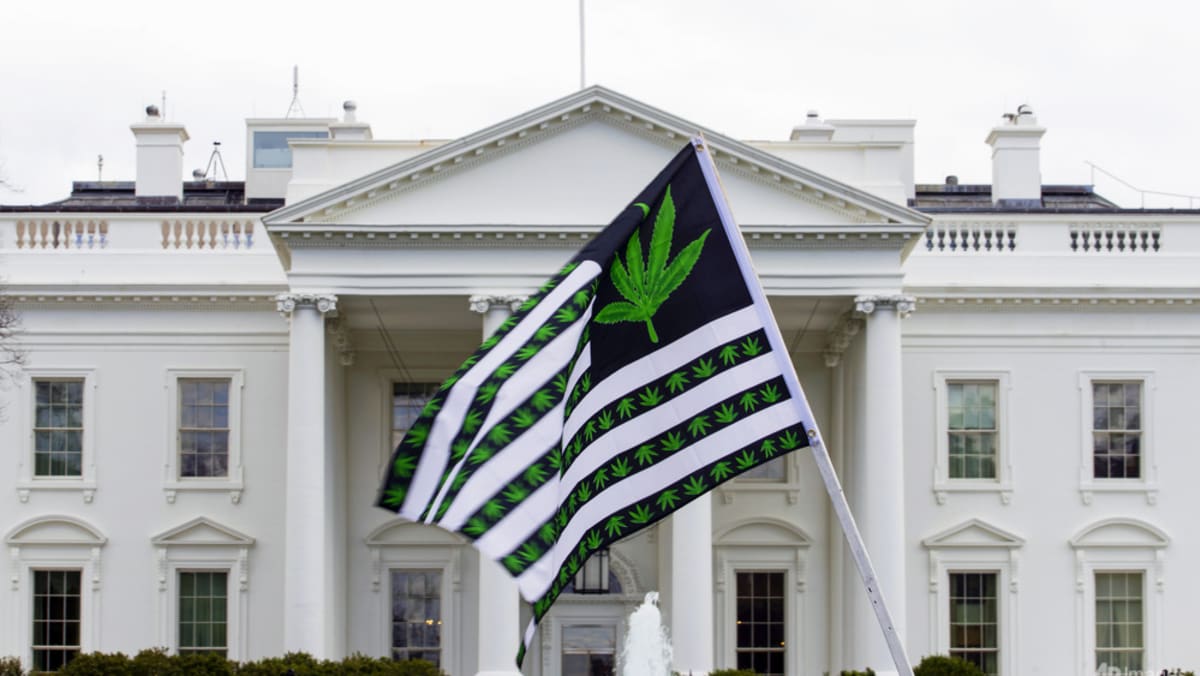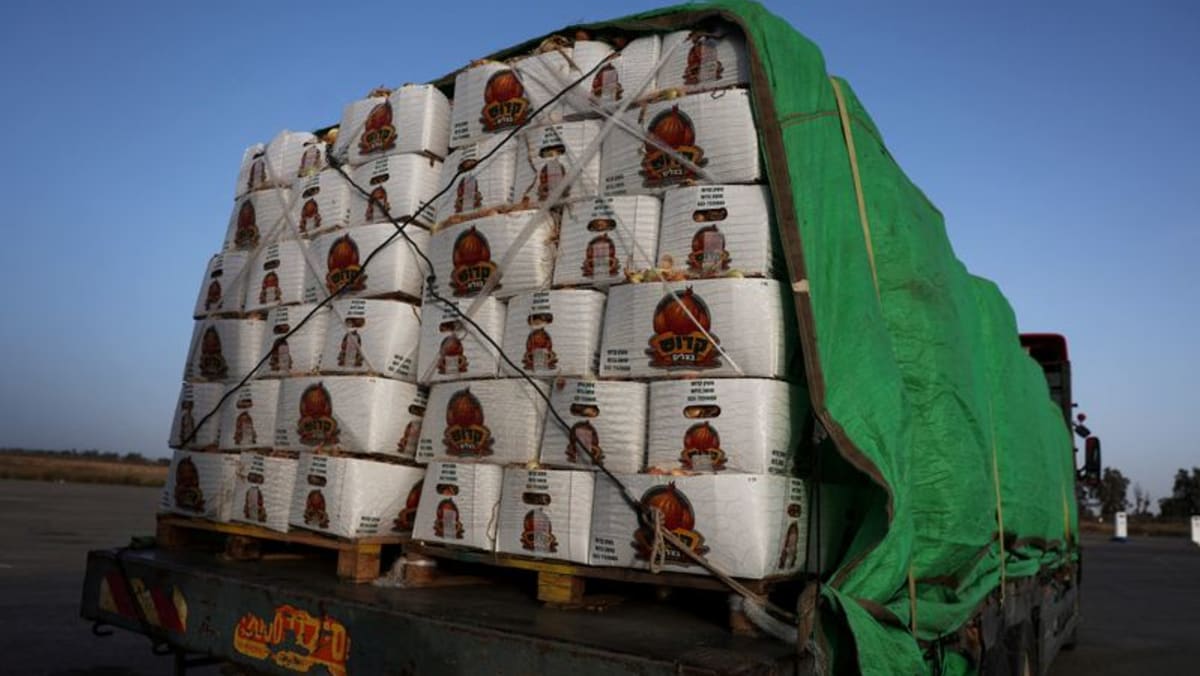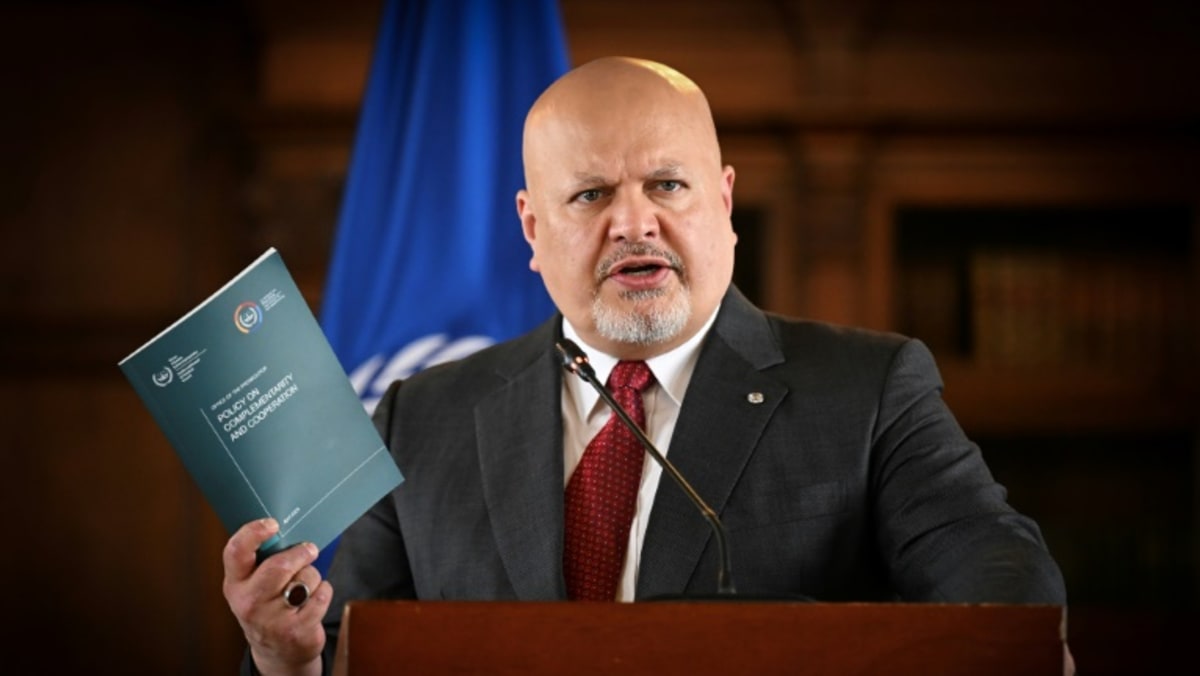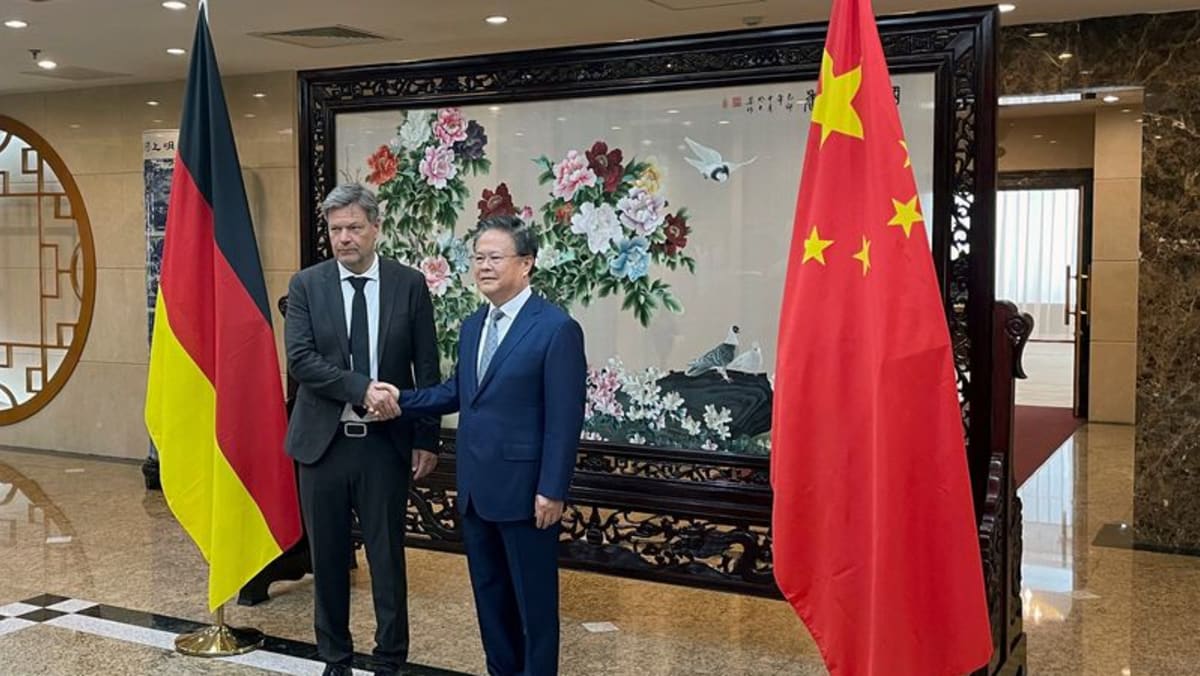SOFT POWER PLAYS
There’s a reason they’re called dad jokes and not father jokes.
“Father” retains the seriousness and stature of a patriarch and all of the power imbalances that accompany it: Physical dominance, discipline and dependence. In contrast, “dad” implies affection and care. He’s still a male authority figure, but without the toxicity that patriarchy can often imply.
We see the dad joke, then, as an occasion for the dad to assert his fatherly privilege over his family and anyone else within earshot.
It’s a win-win situation for the dad. If the joke gets a laugh, well, good.
But if the joke doesn’t get a laugh … that’s good, too: Dad has intentionally invited this possibility, which is technically known as “unlaughter” and refers to jokes that create embarrassing and socially awkward situations. In this case, the way he flusters his children is his reward.
He’s commanding the room, as a patriarch would, but doing so in the gentlest, most playful way possible.
Telling corny jokes, of course, is not limited to fathers: Most of us are guilty of going for the joke we know will be met with an eye roll and a headshake.
Dad jokes are comfortable jokes for comfortable situations among friends and family. They might elicit a disapproving glare, but they ultimately bring people closer together.
They represent a dad at his most annoying, but also at his best: Warm, silly and loving.
Ian Brodie is a Professor of Folklore at Cape Breton University. Moira Marsh is a Librarian for Anthropology, Folklore and Sociology at Indiana University. This commentary first appeared in The Conversation.

